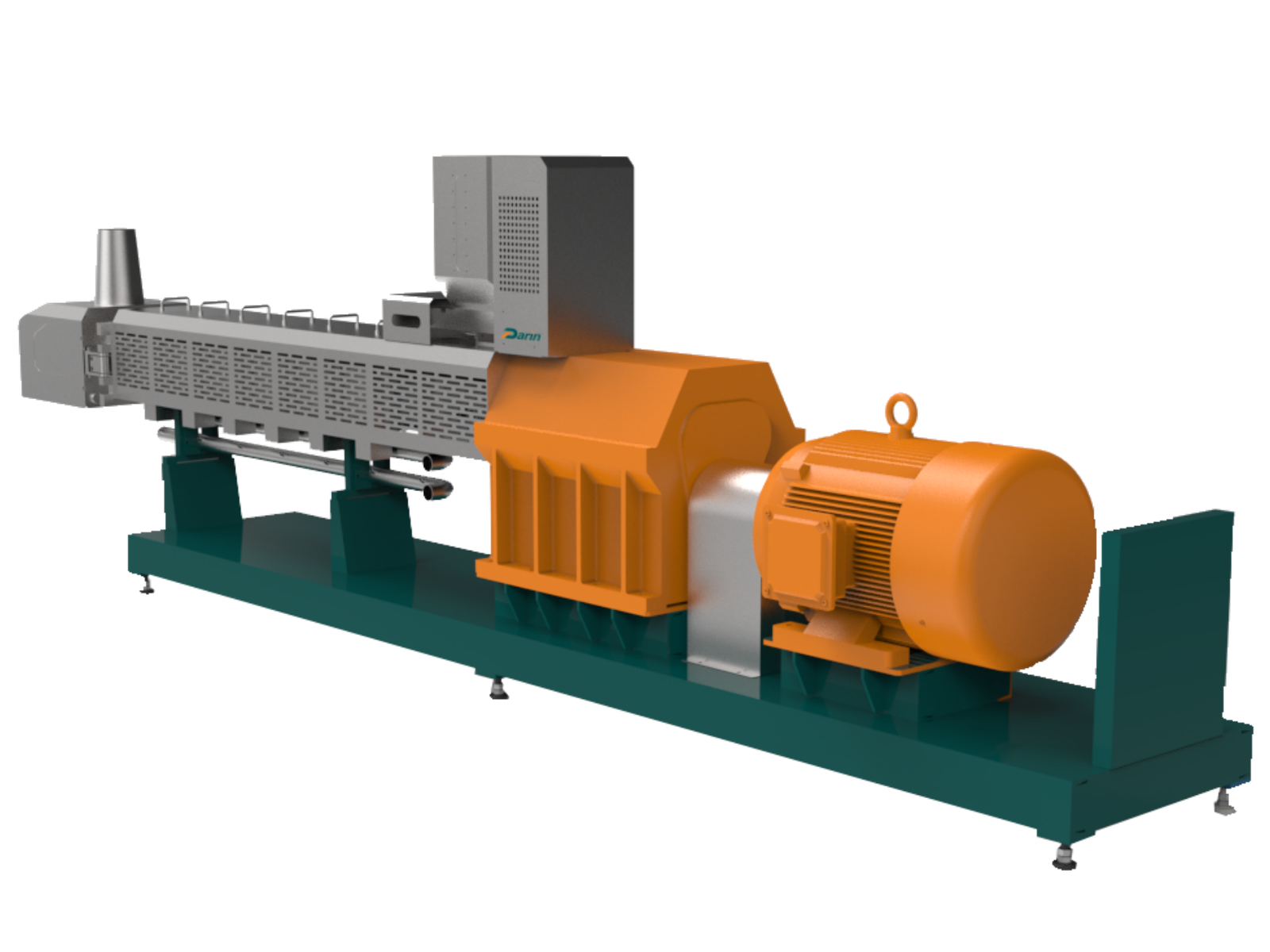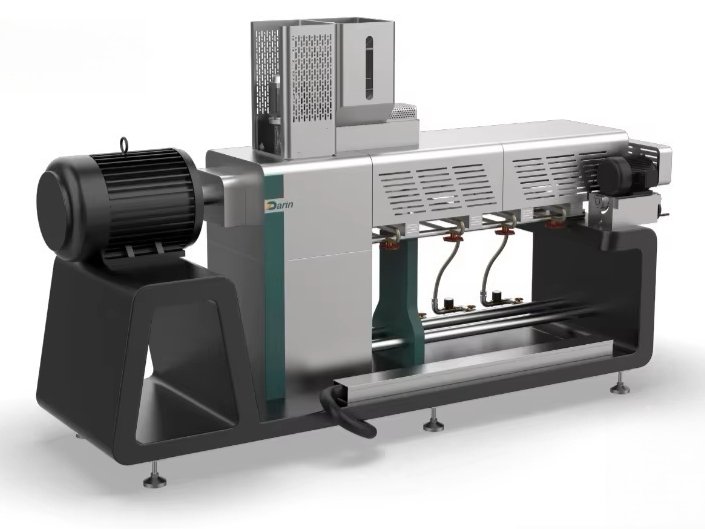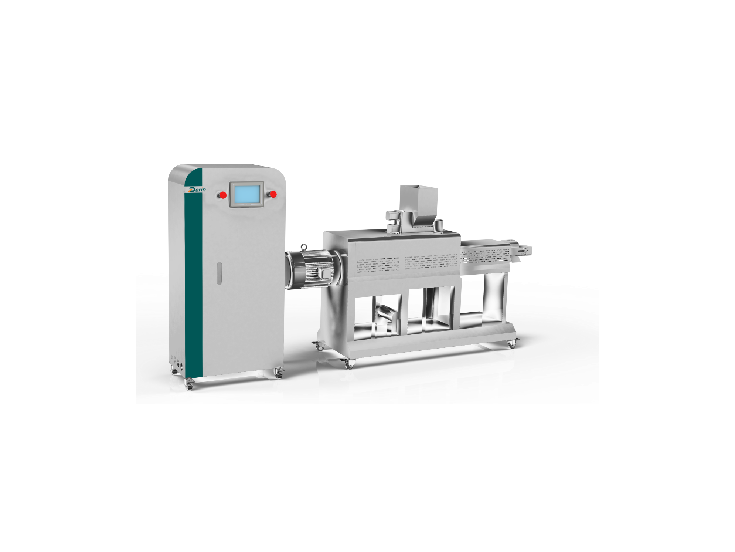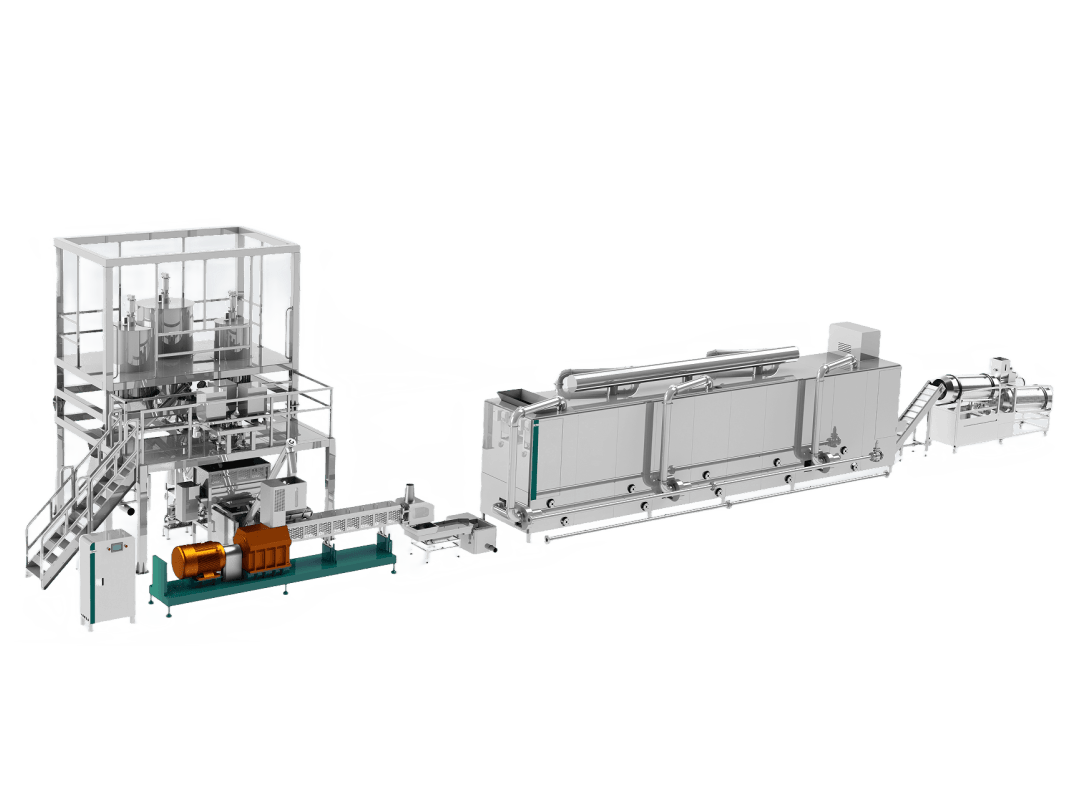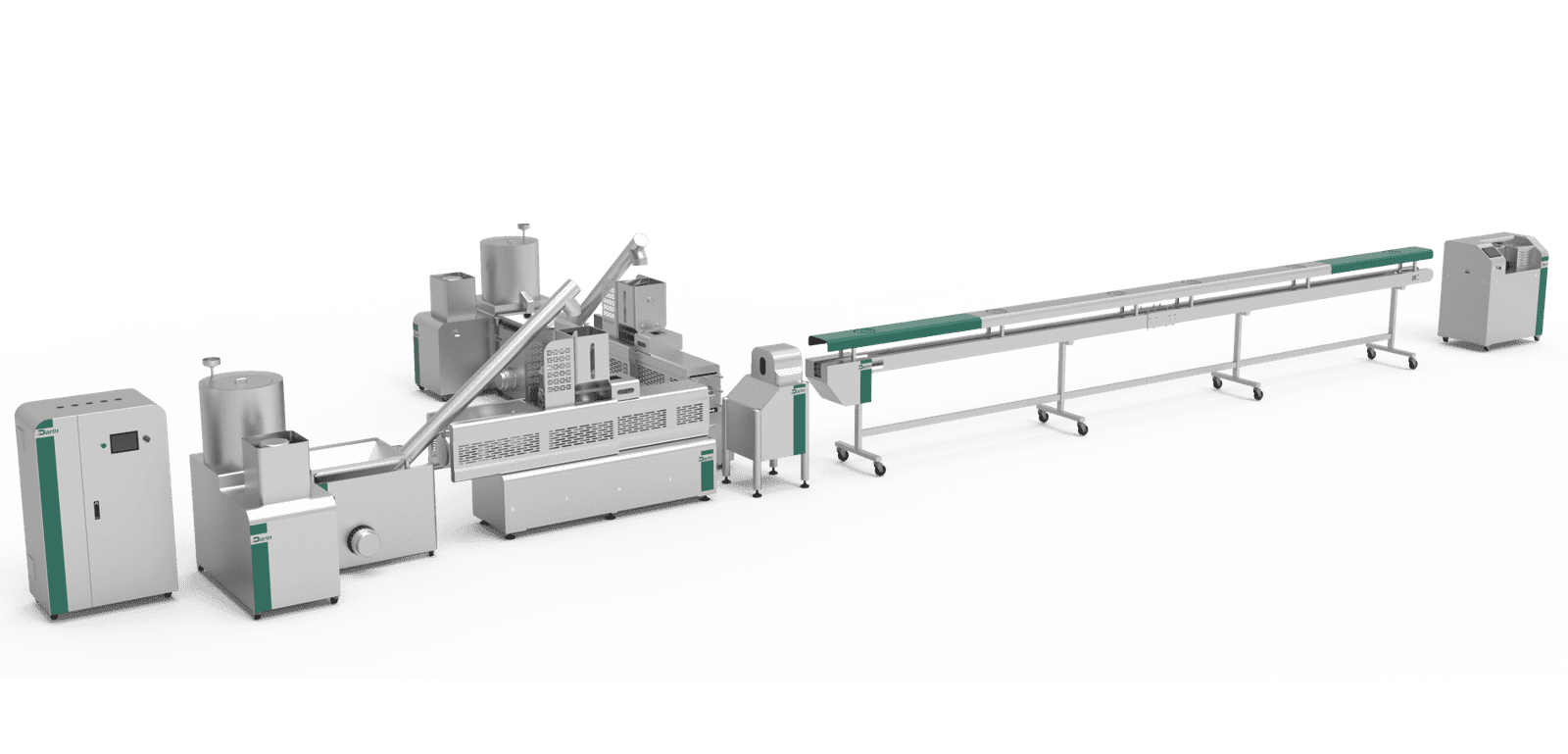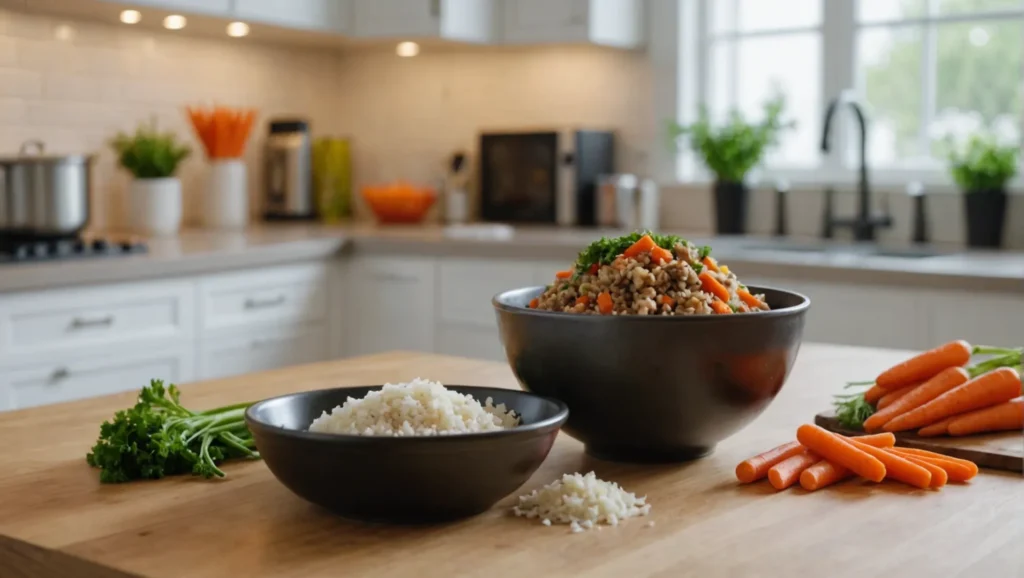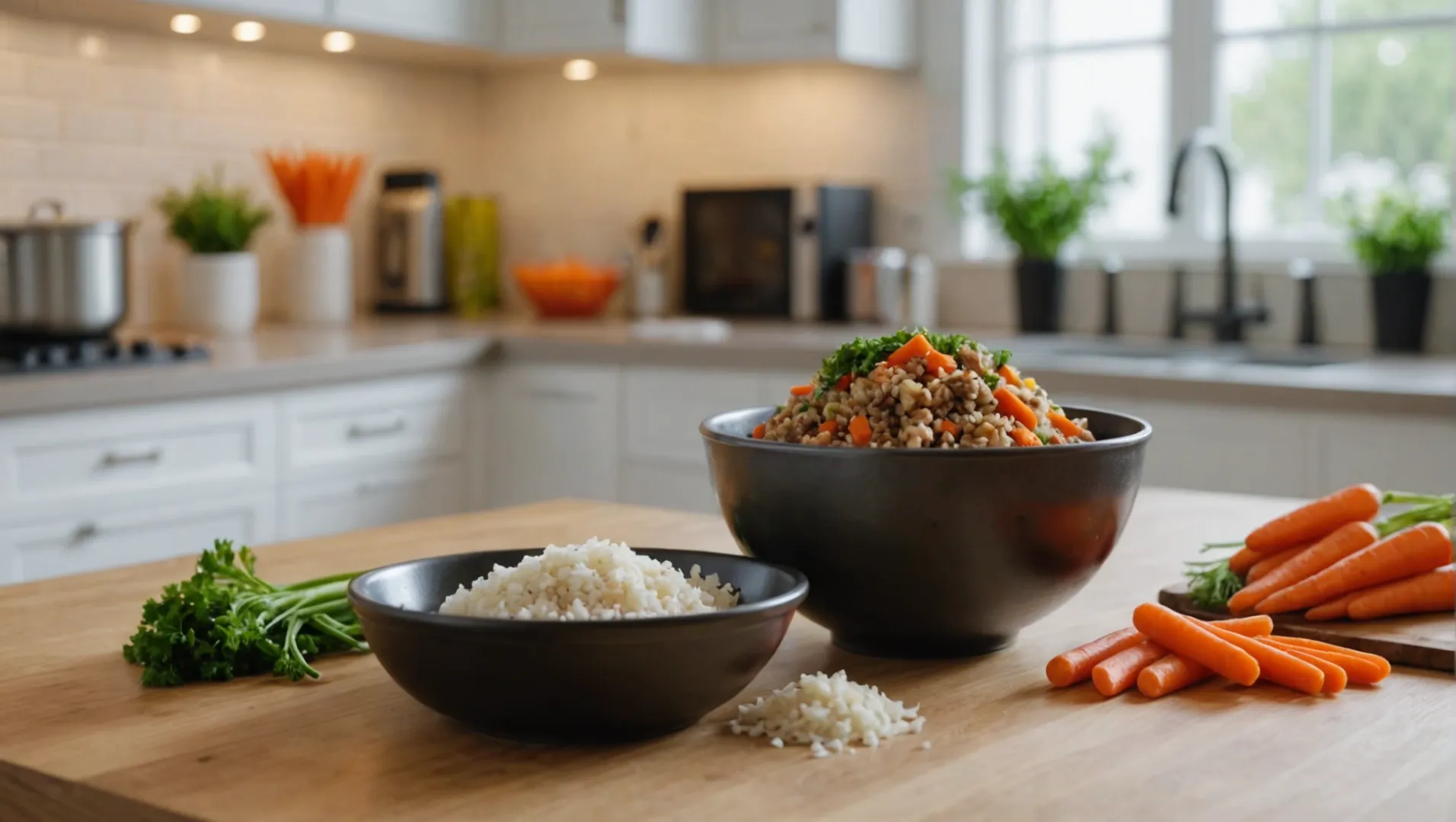
Are you looking to whip up nutritious meals for your dog right at home?
To produce nutritious dog food at home, start by selecting high-quality ingredients such as lean meats, vegetables, and grains. Ensure a balanced diet by incorporating proteins, carbohydrates, fats, vitamins, and minerals. Follow vet-approved recipes and consider your dog's specific dietary needs for optimal health.
While the basics of homemade dog food can be simple, the nuances of creating truly balanced meals require careful planning and understanding. Keep reading to discover detailed recipes, necessary equipment, and professional tips for scaling up production effectively.
Homemade dog food can meet all a dog's nutritional needs.False
Homemade dog food often lacks essential nutrients unless carefully balanced with supplements.
What Ingredients Are Essential for Homemade Dog Food?
Crafting dog food at home requires understanding the essential ingredients for a balanced diet.
The essential ingredients for homemade dog food include lean meats, such as chicken or beef, vegetables like carrots and peas, and grains like rice or oats. Ensure nutritional balance by adding supplements for necessary vitamins and minerals. Consult your vet to tailor the recipe to your dog's unique health needs.
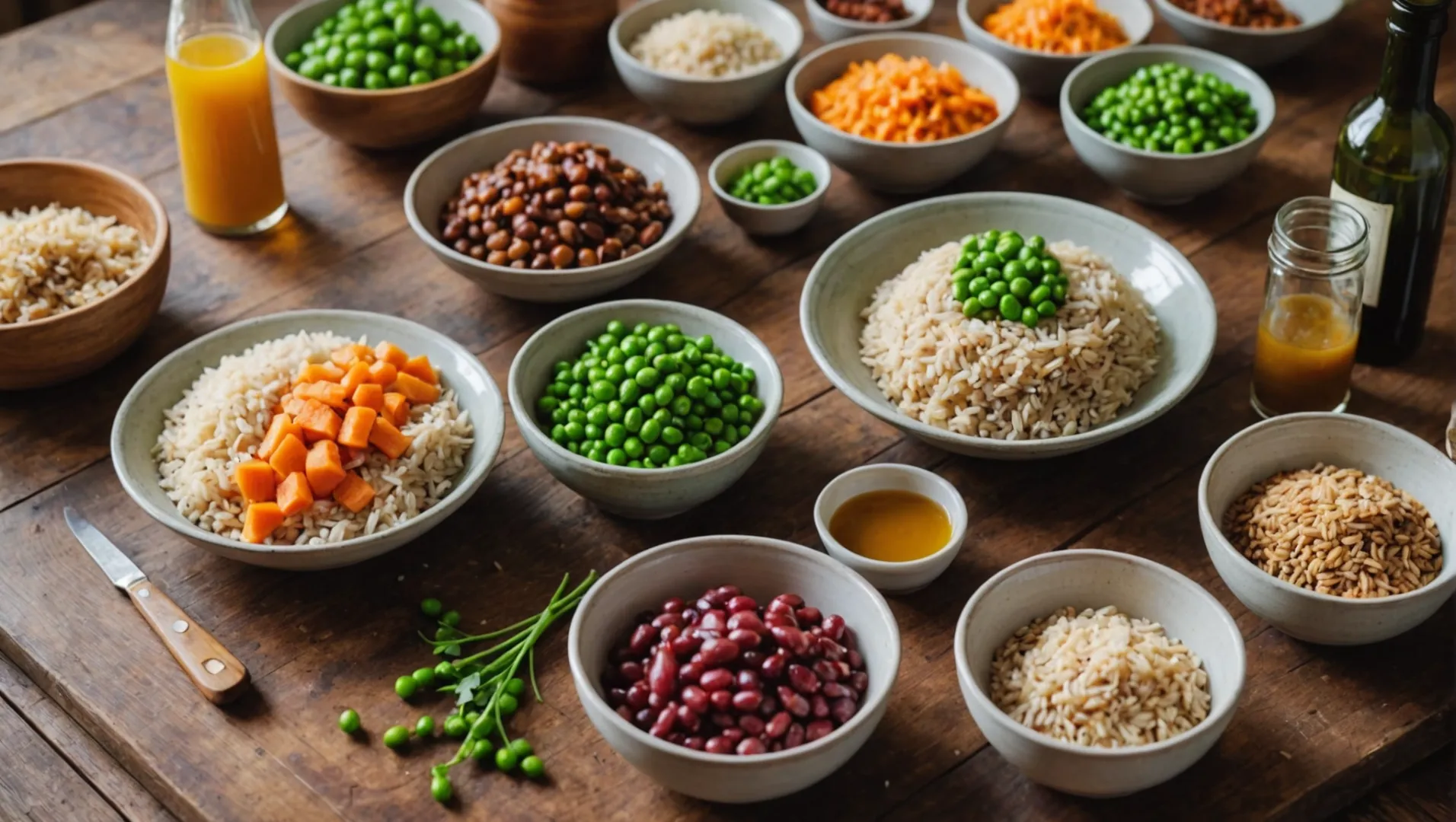
Understanding the Basics
Creating nutritious dog food at home starts with selecting core ingredients that meet your dog's dietary requirements. Lean meats like chicken, turkey, or beef provide essential proteins vital for muscle maintenance and overall health. Protein should form the base of any dog food recipe, making up about 50% of your dog's diet.
Carbohydrates, which are crucial for energy, can be sourced from grains such as rice, oats, or barley. These grains are digestible and provide the necessary caloric intake to keep your pup active. Vegetables such as carrots, peas, or sweet potatoes offer important vitamins and minerals, contributing to a balanced nutritional profile.
Incorporating Essential Supplements
To ensure a complete and balanced diet, consider adding supplements to your homemade dog food. Common supplements include calcium for bone health, fish oil for omega-3 fatty acids, and multivitamins that cover a range of nutrients your dog might miss from whole foods alone.
However, always consult with your veterinarian before adding any supplements to your dog's diet. This consultation helps tailor the diet to address specific health needs or conditions.
Recipes for Different Scales of Production
Small-Scale Production
For small-scale production at home, you need basic kitchen tools like a stove, pots, and a meat grinder. Begin with simple recipes that incorporate a protein source, a carbohydrate, and a vegetable. For instance, a recipe could include boiled chicken, cooked brown rice, and steamed carrots.
Medium-Scale Production
If you’re considering making larger batches to last longer or share with fellow pet owners, invest in more substantial equipment like a stand mixer with a meat grinder attachment and larger cooking pots.
Large-Scale Production
For those interested in turning homemade dog food into a business venture, it's crucial to explore machinery like those offered by Darin Machinery1. Their equipment is designed for efficiency and consistency, making it easier to produce large quantities while maintaining quality.
Balancing your dog's diet at home not only involves choosing the right ingredients but also understanding how to properly prepare them. Utilize recipes tailored to your pet's specific needs while considering their preferences and any health conditions. Always aim for diversity in their meals to ensure they receive a wide range of nutrients.
Lean meats should make up 50% of a dog's diet.True
Protein is essential for muscle maintenance and overall health.
Rice is an unsuitable carbohydrate for dogs.False
Rice is digestible and provides necessary energy for dogs.
How Can You Ensure a Balanced Diet in Homemade Dog Food?
Creating a balanced diet for your dog at home requires careful ingredient selection and meal planning.
Ensure a balanced diet in homemade dog food by combining proteins, carbohydrates, fats, vitamins, and minerals in appropriate ratios. Consult with a veterinarian to tailor meals to your dog's specific needs and monitor their health regularly.

Understanding Nutritional Needs
To ensure a balanced diet in homemade dog food, it's crucial to understand the nutritional needs of dogs. Dogs require a mix of proteins, carbohydrates, fats, vitamins, and minerals. Proteins from sources like chicken, beef, or fish are essential for muscle development. Carbohydrates, such as rice or oats, provide energy. Fats from oils like fish oil are vital for healthy skin and coat. Don't forget to include a variety of vegetables like carrots and spinach for vitamins and minerals.
Consulting with a Veterinarian
Before you start making dog food at home, it's advisable to consult with a veterinarian. They can help assess your dog's specific dietary requirements based on age, weight, breed, and health conditions. A veterinarian consultation2 ensures that the recipes you follow meet all the necessary nutritional standards.
Crafting Balanced Recipes
Creating recipes that ensure a balanced diet involves careful planning. For small-batch production at home, start with vet-approved recipes and adjust based on your dog's response. Consider using tools like nutritional calculators or consulting pet nutrition experts.
Sample Recipe Table
| Ingredient | Purpose | Quantity |
|---|---|---|
| Chicken Breast | Protein | 2 cups |
| Brown Rice | Carbohydrates | 1 cup |
| Carrots | Vitamins | 1/2 cup |
| Fish Oil | Healthy Fats | 1 tablespoon |
| Spinach | Minerals | 1/4 cup |
Scaling Up Production
For those interested in small-scale to large-scale production, understanding the difference in machinery and processes is vital. Darin Machinery3 offers solutions tailored for different production scales. Small-scale production can often rely on basic kitchen appliances, while medium to large-scale operations might require specialized equipment like mixers and extruders for consistent quality.
Monitoring and Adjustments
Lastly, it's important to regularly monitor your dog's health and adjust their diet accordingly. Keep an eye on their weight, coat condition, and energy levels. Making these observations will help you tweak their meals to better suit their needs. Regular check-ups with a vet4 can aid in identifying any dietary deficiencies early.
Homemade dog food must include carbohydrates for energy.True
Carbohydrates like rice provide essential energy for dogs.
Consulting a veterinarian is optional for homemade dog food.False
A vet ensures the diet meets all nutritional needs.
What Equipment Do You Need for Making Dog Food at Home?
Transforming your kitchen into a dog food production hub can be simple and rewarding.
To make dog food at home, you'll need basic kitchen equipment like a large pot, food processor, and storage containers. For larger batches, consider investing in specialized machinery such as mixers, dehydrators, or extruders to streamline the process and enhance efficiency.
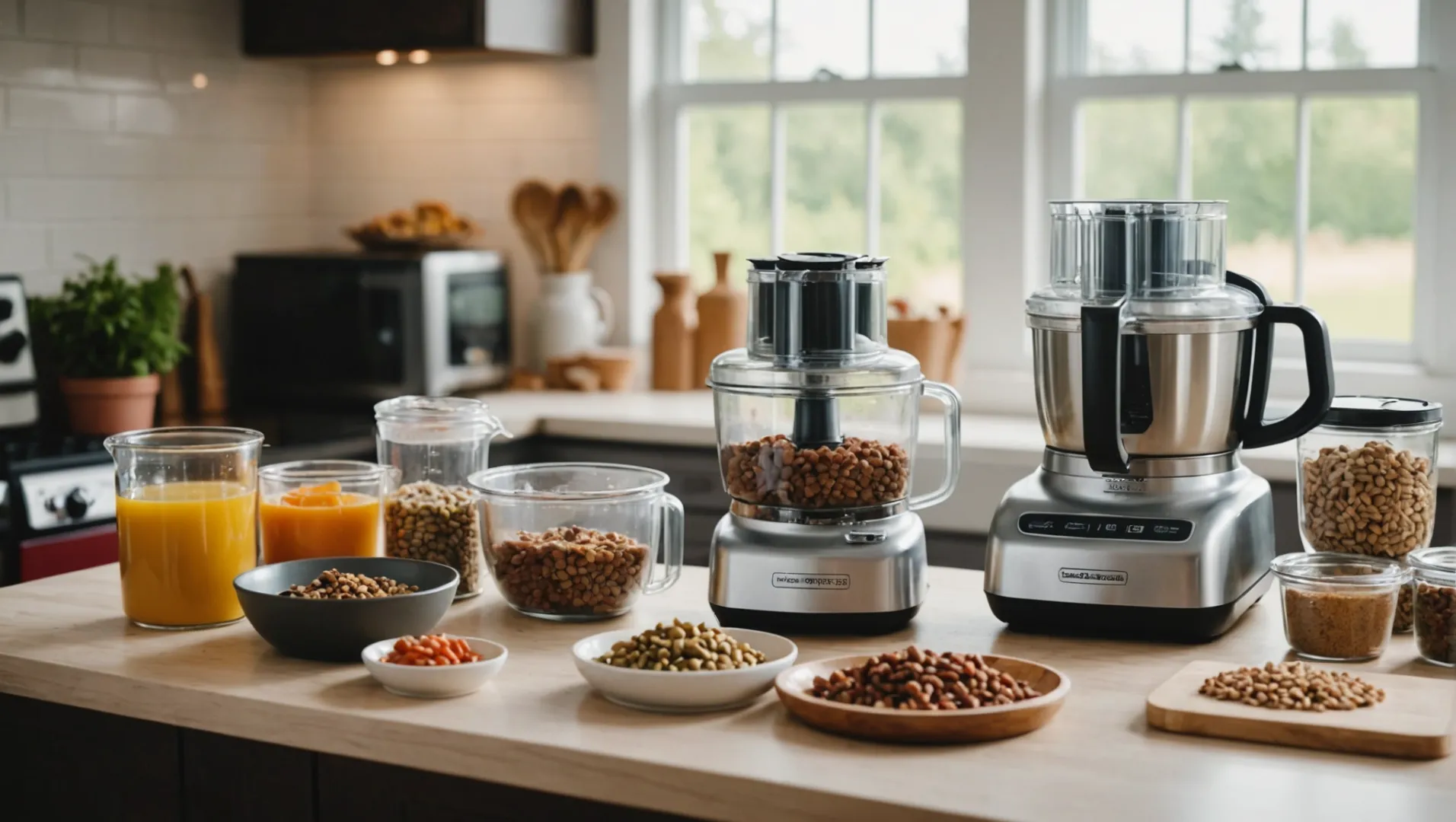
Small-Scale Production Essentials
When crafting dog food at home on a small scale, your typical kitchen setup might suffice. Key equipment includes:
- Large Pot or Slow Cooker: Ideal for simmering meats and grains to tender perfection.
- Food Processor or Blender: Essential for chopping vegetables finely, ensuring easy digestion for your pet.
- Measuring Tools: Accurate measurements are crucial for maintaining the nutritional balance of each meal.
- Storage Containers: Airtight containers preserve freshness and ensure that each meal is ready to serve.
Scaling Up: Medium-Scale Production
Transitioning to medium-scale production may require some investment in specialized equipment:
- Stand Mixers: These can mix large quantities of ingredients uniformly, ensuring consistent quality in every batch.
- Dehydrators: Useful for creating long-lasting, nutrient-dense treats that maintain their flavor and nutritional value.
- Sealers: Vacuum sealers help in maintaining the freshness of pre-prepared meals, making storage more efficient.
Large-Scale Production Considerations
For those looking to produce large volumes of dog food, possibly for commercial purposes, industrial-grade equipment becomes necessary:
- Extruders: These machines are crucial for forming kibble-like products, providing a consistent shape and texture.
- Industrial Mixers: Capable of handling massive quantities of ingredients at once, ensuring a homogenous mixture.
- Bulk Storage Solutions: Proper storage not only maintains quality but also adheres to hygiene standards.
Why Consider Professional Machinery?
Darin Machinery5 specializes in pet food production equipment that caters to various scales. Their range of innovative solutions can significantly enhance efficiency and product quality by automating complex processes. Whether you're considering medium or large-scale production, leveraging professional machinery can offer precision and scalability that manual methods cannot match.
A food processor is essential for making dog food at home.True
A food processor helps chop vegetables finely, aiding digestion.
Industrial mixers are necessary for small-scale dog food production.False
Small-scale production typically uses basic kitchen equipment, not industrial mixers.
How Can Darin Machinery Enhance Your Dog Food Production?
Discover how Darin Machinery can elevate your dog food production to new heights.
Darin Machinery offers specialized equipment for all scales of dog food production, ensuring efficiency and quality. Their machinery is designed to handle various production capacities, from small to large-scale operations, integrating advanced technology to maintain nutritional value and safety.

Understanding Darin Machinery's Offerings
When it comes to producing high-quality dog food, the right equipment can make all the difference. Darin Machinery6 provides an extensive range of machines tailored to the pet food industry. These machines cater to different production scales, each designed to optimize efficiency while maintaining the nutritional integrity of the food.
Small-Scale Production
For small-scale producers, Darin offers compact machines that are perfect for home-based or boutique operations. These machines are user-friendly and require minimal space, making them ideal for startups or businesses with limited floor area. They are designed to process small batches efficiently, ensuring that each meal is crafted with precision and care.
Medium-Scale Production
Medium-sized operations benefit from Darin's semi-automatic equipment, which balances automation with manual oversight. This setup allows producers to maintain a hands-on approach while benefiting from increased output and consistency. The machinery can handle a moderate volume of ingredients, allowing for a diverse range of recipes.
Large-Scale Production
For large-scale manufacturers, Darin Machinery provides fully automated lines capable of producing substantial quantities of dog food. These systems are equipped with state-of-the-art technology to streamline every step of production—from mixing and cooking to packaging. This ensures high throughput while adhering to strict quality standards.
Specialized Equipment for Enhanced Production
- Extruders: Key in shaping kibble and treats, extruders are crucial for uniformity in size and texture.
- Mixers: Ensure all ingredients are thoroughly blended for a consistent nutrient profile.
- Dryers: Vital for achieving the perfect moisture content, enhancing shelf-life and safety.
- Cooling Systems: Essential for setting the final product and preventing spoilage.
Darin's machinery not only facilitates efficient production but also emphasizes safety standards7. Their equipment integrates advanced control systems to monitor temperature, humidity, and other critical factors during production, ensuring the highest quality end product.
Raw Material Formula Considerations
Producing nutritious dog food also involves understanding the right combination of raw materials. Darin Machinery supports this with technology that allows for precise measurement and mixing of ingredients. Whether it's incorporating lean meats, vegetables, or grains, their equipment ensures that each component is processed correctly to preserve its nutritional value.
Darin Machinery only offers equipment for small-scale production.False
Darin Machinery provides equipment for small, medium, and large scales.
Extruders are key for shaping kibble and treats in production.True
Extruders ensure uniformity in size and texture of dog food products.
Conclusion
Creating homemade dog food empowers you to control your pet’s nutrition. By using the right ingredients and equipment, you can ensure balanced meals for any scale of production. Start cooking for healthier, happier dogs today!
Explore efficient machinery solutions for large-scale dog food production.: ABOUT DARIN. We specializing in development and sales of pet food machine, puff snack machine, energy granola bar machine and support equipment. QUICK LINKS. ↩
Learn how a vet ensures your dog's diet meets nutritional needs.: The following recipes have been created by veterinarians for general use in healthy dogs. Be sure to talk to your veterinarian before feeding your dog these or ... ↩
Discover how Darin Machinery can optimize your pet food production.: Additionally, we offer various food machinery production lines, puff snack machines, energy granola bar machines, and support equipment. European CE Approved ... ↩
Understand the importance of regular health check-ups for your dog.: To make sure the food you're introducing is having the desired impact, you'll want to monitor your pet's health for changes over time. AKC is a participant ... ↩
Explore Darin's cutting-edge machinery for efficient dog food production.: ABOUT DARIN. We specializing in development and sales of pet food machine, puff snack machine, energy granola bar machine and support equipment. QUICK LINKS. ↩
Explore their specialized machinery for efficient pet food production.: ABOUT DARIN. We specializing in development and sales of pet food machine, puff snack machine, energy granola bar machine and support equipment. QUICK LINKS. ↩
Learn about safety standards crucial in pet food manufacturing.: The Federal Food, Drug, and Cosmetic Act (FD&C Act) requires that all animal foods, like human foods, be safe to eat, produced under sanitary ... ↩


